Kids’ Financial Literacy: Key Habits for Early Learning
Introduction
In today's fast-evolving financial landscape, understanding money management from a young age is more crucial than ever. As parents, one of the best gifts we can give our children is the knowledge and skills to manage money wisely.
This not only prepares them to face the practical challenges of the adult financial world but also instills confidence and independence. But when should this education begin, and how can we, as parents, ensure it's engaging and impactful?
Starting early is key. Children are naturally curious and eager to learn, which provides a fertile ground for planting the seeds of financial literacy. By introducing fundamental concepts of money through age-appropriate methods, we can ignite an interest that grows as they do.
It's not just about saving money; it's about making smart decisions with money. This involves understanding the value of money, the importance of saving, and the basics of budgeting.
Engaging our kids in simple financial discussions and decisions can make a significant difference in their future habits. It transforms abstract concepts into tangible learning experiences that will stick with them for life. Let’s explore how we can effectively weave financial literacy into our children's upbringing, making it a fun and valuable part of their everyday lives.
Why Start Early? The Benefits of Teaching Financial Literacy to Kids
In our community, we understand that knowledge about money management starts in the sandbox rather than when the first paychecks come in. Teaching our kids about financial literacy early on equips them with a better understanding of how money works in the real world, fostering a sense of financial responsibility and savvy from a young age.
This early education can lead to better spending decisions, the ability to save, and even smart investment strategies as they grow.
Moreover, children who learn about finances early are often more prepared to tackle their own finances independently, avoiding common pitfalls that many young adults face, such as excessive debt. We believe it’s crucial to our kids’ future that we instill strong financial habits.
These habits will not only help them manage personal finances more effectively but also encourage a healthy relationship with money that can lead to lifelong financial stability.
Essential Financial Concepts Every Child Should Learn
Navigating through the vast world of finances might seem daunting, but there are a few cornerstone concepts that we can start teaching our kids.
Understanding the value of money is fundamental. Through simple lessons like distinguishing between needs and wants, children can grasp the basic foundation of budgeting. Encourage discussions about money while shopping or planning family outings to embed these lessons practically.
Furthermore, introducing concepts like savings and investment in relatable ways can mould their thinking toward future planning. For example, using clear jars to save money can visually show them how savings grow over time.
These tangible lessons help children connect with abstract financial concepts, making it easier for them to apply these ideas in more complex scenarios later in life. Such early introductions to financial principles are more than just lessons; they are lifelong tools that empower our kids to make informed financial decisions.
Practical Activities to Enhance Money Management Skills in Children
While we understand the importance of teaching kids financial concepts, engaging them in practical activities can significantly boost their learning. By involving children in the family's budgeting process, we give them a firsthand experience of managing funds responsibly. A simple activity like helping to plan the weekly grocery shopping based on a set budget can teach them the value of money and the importance of sticking to a budget.
Moreover, setting up a small allowance for chores can be an effective way for children to learn about earning and saving. They can manage their own savings for specific goals, such as buying a new toy or saving for a school trip. This teaches them the satisfaction and reward of saving over time for big purchases, ingraining the crucial principle of delayed gratification which is central to sound personal finance management.
Setting Up for Success: Creating a Family Financial Plan
Creating a family financial plan is not just about securing the present but also about laying the foundations for future stability and prosperity. We outline clear financial goals, which might range from saving for a new home, covering educational expenses, or planning for retirement. By involving the entire family in these discussions, we help each member understand the financial goals and their roles in achieving them.
An effective family financial plan also includes regular reviews and adjustments to adapt to changing financial situations or goals. This ensures that our strategies remain relevant and powerful over time. Educating the family on the importance of emergency funds, insurance, and investments is part of this comprehensive planning. By offering a bird’s eye view of where we stand financially, we enable smarter decisions that uphold the family's financial health.
Conclusion
At Thriving Wealth, we believe education is the cornerstone of effective financial management. By instilling wise money management skills from an early age and involving the family in comprehensive financial planning in Australia, we set the stage for a secure, prosperous future. Remember, it's never too early or too late to start on the path toward financial literacy and freedom. Contact us today at Thriving Wealth to discover how we can help your family achieve its financial goals and dreams with tailored advice and strategic planning.

